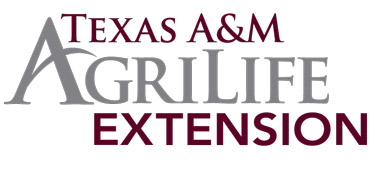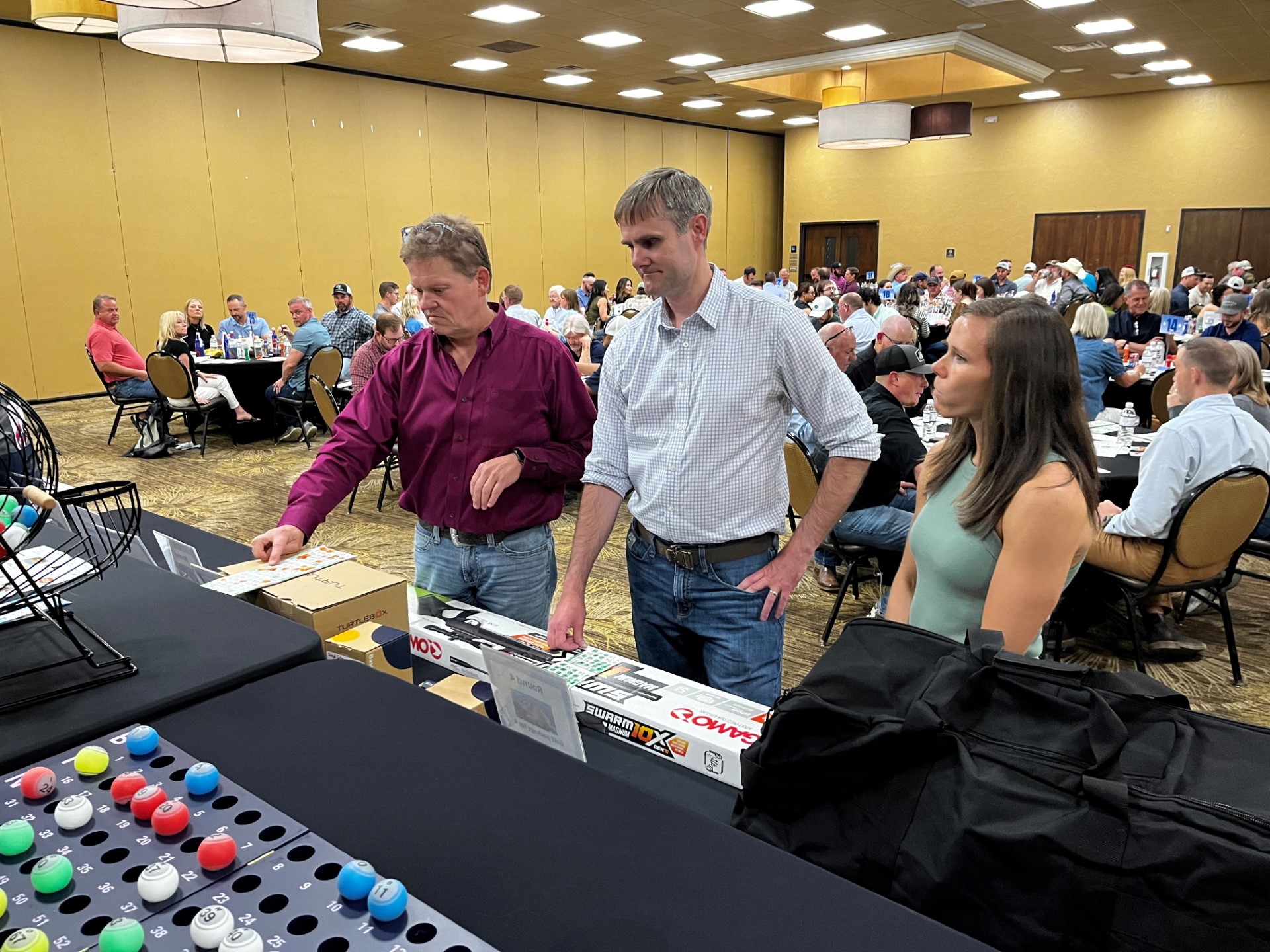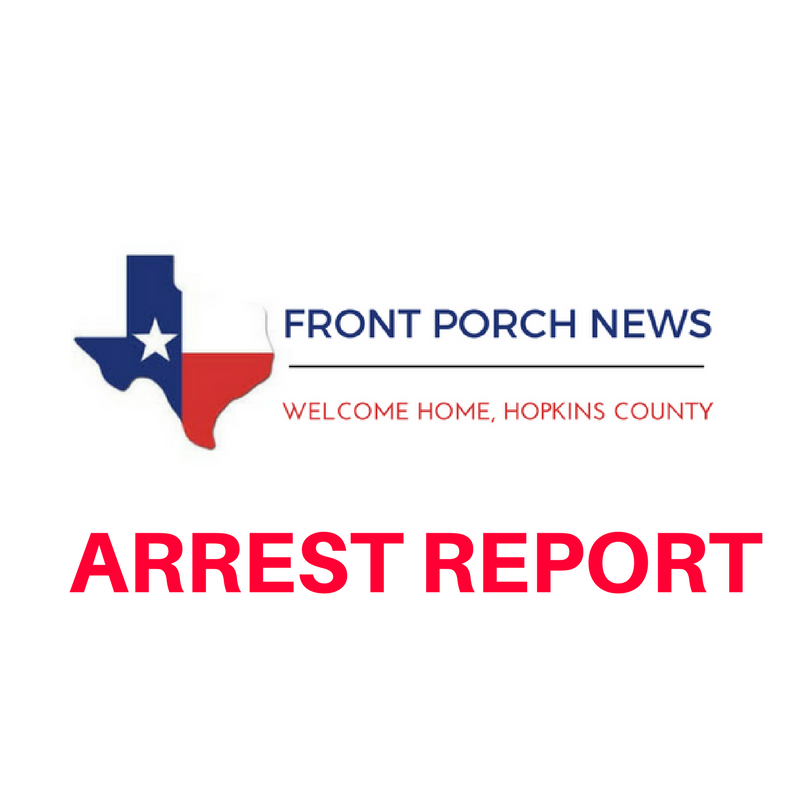Become a Texas Master Gardener by Mario Villarino

[adning id=”33097″]
Who are Texas Master Gardeners? Master Gardeners are members of the local community who take an active interest in their lawns, trees, shrubs, flowers and gardens. They are enthusiastic, willing to learn and to help others, and able to communicate with diverse groups of people. What really sets Master Gardeners apart from other home gardeners is their special training in horticulture. In exchange for their training, persons who become Master Gardeners contribute time as volunteers, working through their Extension office to provide horticultural-related information to their communities.
Is the Master Gardener Program for Me? To help you decide if you should apply to be a Master Gardener, ask yourself these questions:
- Do I want to learn more about the culture and maintenance of many types of plants?
- Am I eager to participate in a practical and intense training program?
- Do I look forward to sharing my knowledge with people in my community?
- Do I have enough time to attend training and to complete the volunteer service?
If you answered yes to these questions, the Master Gardener program could be for you. Contact The Hopkins County Extension Office at 903-885-3443 . If accepted into the Master Gardener program in your county, you will attend a Master Gardener training course. Classes are taught by Texas AgriLife Extension specialists, agents, and local experts. The program offers a minimum of 50 hours of instruction that covers topics including lawn care, ornamental trees and shrubs, insect, disease, and weed management; soils and plant nutrition, vegetable gardening; home fruit production; garden flowers; and water conservation. The training is offered at various times during the year at various locations across the state. Check with your County Extension office for specific locations, dates, and times.
Volunteer Commitment. In exchange for training, participants are asked to volunteer time to their County Extension program. At least 50 hours of volunteer service within one year following the training is required to earn the title of “Texas Master Gardener.” The type of service done by Master Gardeners varies according to community needs, and the abilities and interests of the Master Gardeners. Some Master Gardeners answer telephone requests for information related to gardening. Others staff plant clinics or displays in shopping malls or community centers. Master Gardeners may speak to local groups and conduct workshops. They may help establish community garden projects, work with 4-H youth, or assist their agent with news or radio releases related to gardening. The Master gardener Coordinator in the County Extension office decides how volunteer time can be best utilized. Master Gardeners are representatives of the Texas AgriLife Extension Service and the Texas A&M System. In all volunteer work related to the program, Master Gardeners follow the research-based recommendations of the Texas AgriLife Extension Service. The title “Texas Master Gardener” can be used by volunteers only when engaged in Extension-sponsored activities.
Certification
Participants become certified Master Gardeners after they have completed the training course and fulfilled their volunteer commitment.
For More Information
Application forms and additional information are available from The Hopkins County Extension Office by calling 903-885-3443 or visiting at 1200b Houston Street.
NEW! Beekeeper Info for June:
By the time June arrives in our area the honey flow has wound down. There may be some nectar coming in from sumac and perhaps horsemint. In most years the main flow will end in June. During June the honey harvest can begin. There are several methods for removing full supers from hives.
1) Use a fume board to chase bees from supers. Fume boards work best in very hot weather. 2) Use a bee escape board beneath supers. This method requires more than one trip to the bee yard to remove supers.
3) Brush bees from the combs one comb at a time. This is a time consuming method and can anger bees.
4) Remove supers from hives and blow bees out with a “bee blower”.
5) Smoke bees from supers. Plan to harvest honey when the weather is dry and warm.- Try to extract only those frames of honey that are at least 3/4 capped.
New colonies can also be started in the month of June but they need to be fed more than those started in April. This is due to the fact that a major honey flow is not generally underway in June.
WEEK 1,2,3,4
- Extract supers
- Make nucs
- Feed young colonies
Remember that the Hopkins County Beekeepers meet every third Thursday every month (next meeting June 15, 2017 at 6:30 PM. For more information on these or any other agricultural topic please contact the Hopkins County Extension Office at 903-885-3443 or email me at m-villarino@tamu.edu.
[adning id=”33207″]
[adning id=”33207″]














